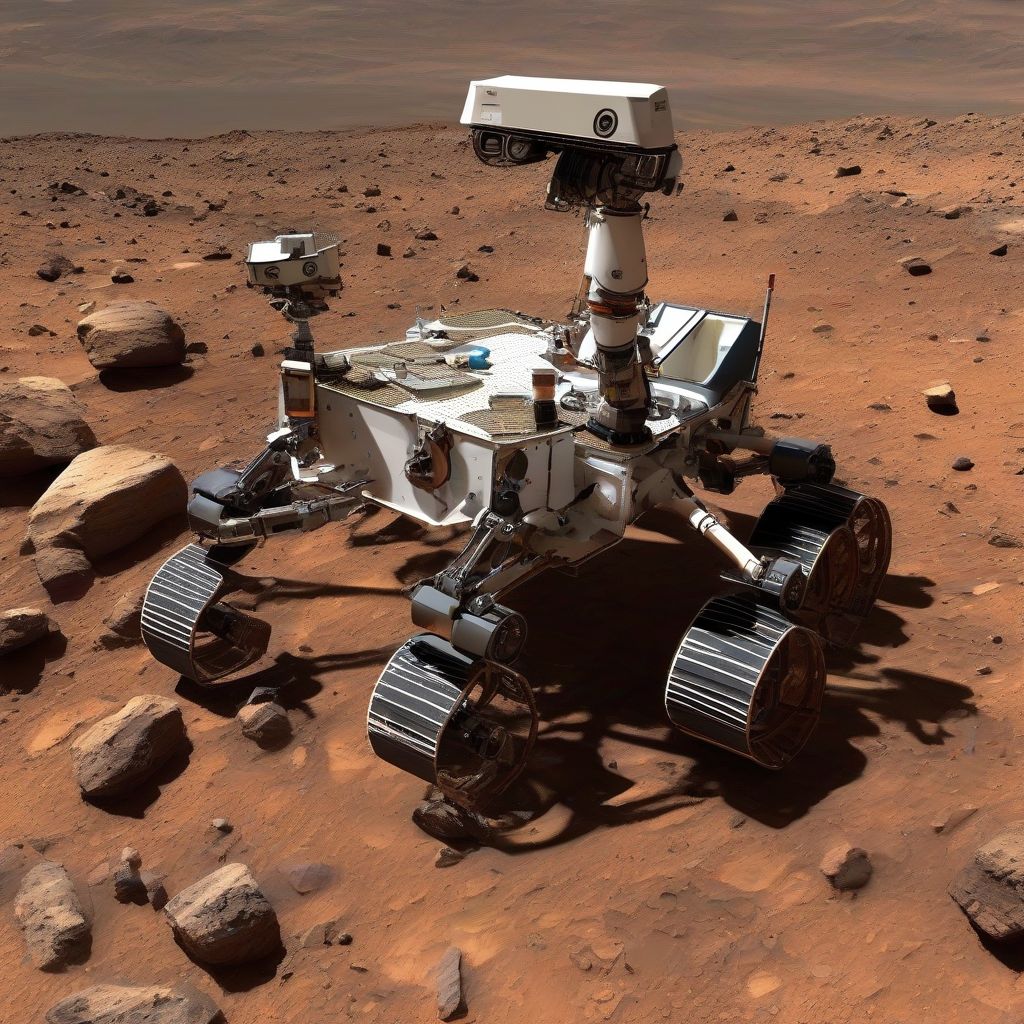“Are we alone in the universe?” It’s a question that has captivated humanity for centuries, fueling countless science fiction stories and sparking the imaginations of people worldwide. But it’s no longer just a question for the dreamers. The search for extraterrestrial life, or SETI, is a real and growing field of scientific inquiry. Scientists around the world are using increasingly sophisticated tools and techniques to scan the cosmos, looking for any signs of life beyond Earth.
Why Search for Extraterrestrial Life?
The quest to find life beyond Earth isn’t just about satisfying our curiosity. It’s about answering some of the most fundamental questions we have about ourselves and our place in the universe:
- Are we unique? Finding even the simplest form of life elsewhere would revolutionize our understanding of biology and evolution, proving that life isn’t a cosmic fluke but rather a possibility woven into the fabric of the universe.
- What are the limits of life? By studying life forms that evolved under vastly different conditions than those on Earth, we can gain insights into the incredible diversity and adaptability of life itself. This knowledge could have profound implications for fields like medicine, biotechnology, and even our search for solutions to climate change.
- What does the future hold for humanity? Discovering other intelligent civilizations could offer us a glimpse into our own future, providing valuable lessons about technological advancement, societal development, and the long-term survival of a species.
How We’re Looking for Life Beyond Earth
The search for extraterrestrial life is multi-faceted, encompassing a wide range of strategies and technologies:
1. Listening for Signals
Perhaps the most well-known approach to SETI is searching for radio signals or other electromagnetic emissions from technologically advanced civilizations. Projects like SETI@home utilize the processing power of millions of home computers to analyze data from radio telescopes, hoping to pick up a telltale artificial signal from the depths of space.
2. Hunting for Habitable Worlds
Thanks to advances in telescope technology, we’re discovering thousands of exoplanets—planets orbiting other stars—every year. By studying the atmospheres of these exoplanets, scientists can look for biosignatures, chemical fingerprints that indicate the presence of life. The James Webb Space Telescope, launched in 2021, is poised to revolutionize this field with its ability to analyze the atmospheres of distant worlds in unprecedented detail.
3. Exploring Our Solar System
While the search for intelligent life often focuses on distant stars, there’s a growing interest in exploring potentially habitable environments closer to home. Mars, with its history of liquid water, remains a prime target for finding evidence of past or present microbial life. Moons like Europa (orbiting Jupiter) and Enceladus (orbiting Saturn) are also intriguing targets, harboring vast subsurface oceans that could potentially support life.
 Searching for Life on Mars
Searching for Life on Mars
[amazon bestseller=”telescopes for beginners”]
The Challenges and Ethical Considerations
The search for extraterrestrial life is not without its challenges:
- The vastness of space: The universe is incredibly large, and the distances between stars are immense. Even traveling at the speed of light, it would take years to reach even the closest star systems.
- The difficulty of detection: Life, especially microbial life, can be incredibly difficult to detect, even on planets within our own solar system.
- The possibility of not recognizing what we find: Life elsewhere may be so different from our own that we may not even recognize it as life.
Beyond the scientific hurdles, the possibility of finding extraterrestrial life also raises profound ethical questions:
- How would we communicate with an alien civilization?
- What are the implications for our own sense of identity and place in the cosmos?
- How can we ensure that any contact is made responsibly and ethically?
The Future of the Search
Despite the challenges, the search for extraterrestrial life is a thrilling and essential endeavor. With each new discovery, we gain a deeper understanding of our universe and our place within it. As our technology continues to advance and our understanding of the universe grows, the chances of finding life beyond Earth continue to improve. Will we one day make contact with an alien civilization? Only time will tell. But one thing is certain: the search itself is a testament to the boundless curiosity and ingenuity of the human spirit.
What are your thoughts on the search for extraterrestrial life? Share your opinions in the comments below!
